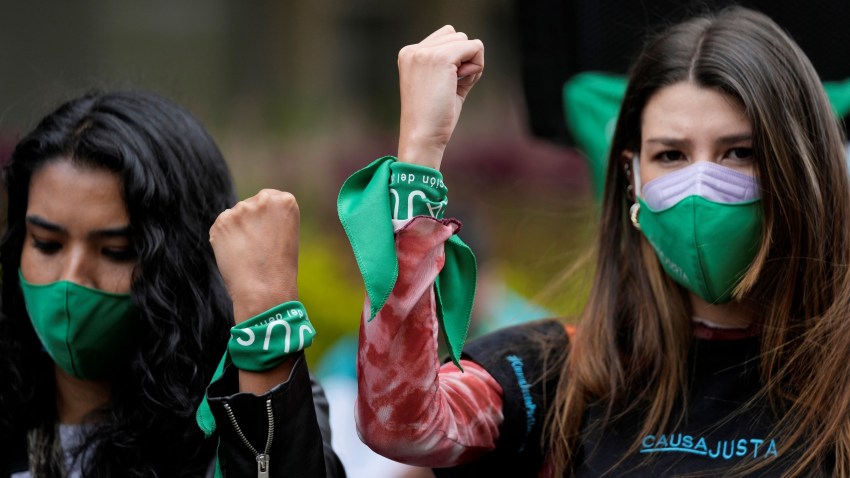Across the Americas, abortion rights appear to be heading in very different directions. Looking solely at the U.S., the recent leak of a draft Supreme Court opinion suggests that the 1973 Roe v. Wade ruling—which established a woman’s right to choose to have an abortion without excessive government restrictions—could soon be overturned. If so, it would be a symptom of a general assault on reproductive rights as well as civil rights more broadly. However, looking further south, a different story emerges. Throughout Latin America, feminist movements are winning major victories on abortion rights, and their lessons are instructive: Organizing matters, but so does strategy, how issues are framed to the public and the use of symbols to unite a movement.
Latin America has historically criminalized abortion under most circumstances, a legacy of colonial rule from the Spanish and Portuguese empires, as well as the Catholic Church, which continued to influence criminal codes after countries gained independence in the 19th century. The church remains a significant political actor in most countries; until recently, its views on reproduction—condemning not only abortion but also the use of contraception—dictated most of the region’s policies.
In the 1970s, when emerging feminist movements in the U.S. and Europe successfully pushed for the legalization of abortion, much of Latin America was immersed in civil wars or living under repressive military dictatorships, preventing an expansion of these movements in the region. It took the return of democracy in the 1980s and 1990s for Latin American feminists to begin organizing and raising the demand for legal abortion within their societies. In these early years they held regional feminist meetings, and in 1990 they launched a regional campaign to legalize abortion. This campaign was boosted in 1994 by the declaration of the United Nations International Conference on Population and Development, held in Cairo, that reproductive rights are human rights. Although the Cairo Declaration did not call for the legalization of abortion, it provided local movements with a renewed energy and new legitimacy to advance reproductive rights, including the right to an abortion.

